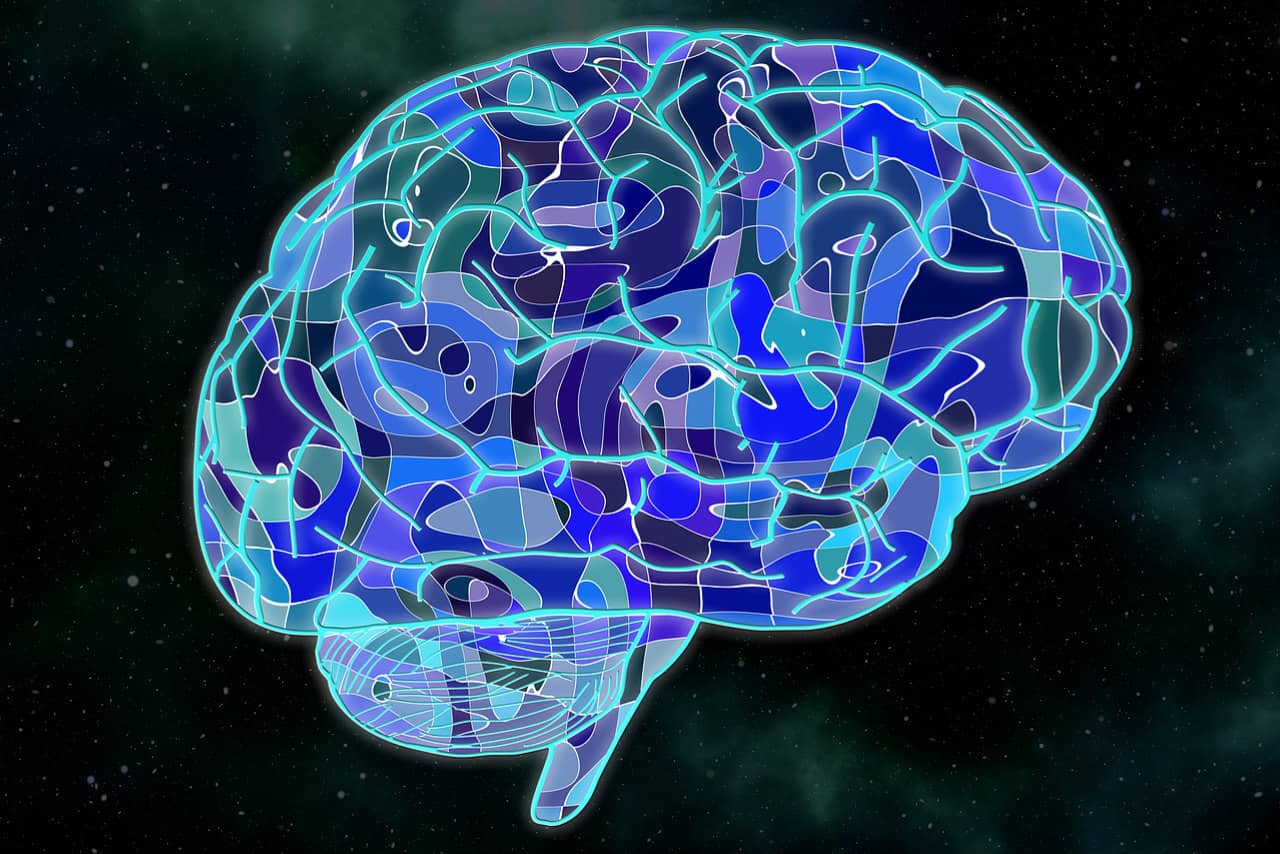Motor Neurone Disease (MND), also known as Amyotrophic Lateral Sclerosis (ALS), is a complex and devastating neurological condition that affects thousands of individuals worldwide.
In this short helpful guide, we'll delve into the causes, symptoms, and treatment options for MND, shedding light on this challenging disease.
What is Motor Neurone Disease?
Motor Neurone Disease is a progressive neurodegenerative disorder that primarily impacts the nerve cells, or neurons, responsible for controlling voluntary muscles. These neurons are located in the brain and spinal cord and are vital for facilitating movements such as walking, speaking, swallowing, and breathing. When these neurons degenerate, the muscles they control gradually weaken, leading to a range of debilitating symptoms.
Exploring the Causes
While the exact cause of MND remains elusive, researchers have identified several potential factors that may contribute to its development. These include:
- Genetic Predisposition: In some cases, MND appears to have a genetic component. Certain gene mutations have been linked to a higher risk of developing the disease. However, MND is not purely genetic, as most cases occur sporadically without a family history.
- Environmental Factors: Exposure to certain environmental toxins and pollutants may increase the risk of developing MND. However, more research is needed to establish a direct link.
- Excitotoxicity: Some experts believe that excessive glutamate, a neurotransmitter, may play a role in MND. When there is an overabundance of glutamate, it can lead to nerve cell damage.
Recognizing the Symptoms
MND typically presents with a variety of symptoms that can vary in severity from person to person. Common signs include:
- Muscle Weakness: Patients often experience muscle weakness, which can manifest as difficulty lifting objects, walking, or even speaking.
- Muscle Twitching: Involuntary muscle twitching, also known as fasciculations, is a hallmark symptom of MND.
- Difficulty Swallowing: As the disease progresses, swallowing can become increasingly challenging, leading to weight loss and malnutrition.
- Speech Problems: Communication difficulties arise due to weakened vocal muscles, resulting in slurred speech.
- Breathing Issues: In advanced stages, MND can affect the muscles responsible for breathing, necessitating the use of ventilatory support.
Diagnosis and Treatment
Diagnosing MND can be challenging, as there is no single test that can definitively confirm the disease. Physicians typically rely on a combination of clinical assessments, electromyography (EMG), and nerve conduction studies to make a diagnosis.
Once diagnosed, the focus shifts to managing symptoms and improving the patient's quality of life. While there is no cure for MND, several treatment options can help alleviate its effects:
- Medications: Riluzole is an FDA-approved medication that may slow the progression of MND by reducing glutamate levels in the brain.
- Physical Therapy: Physical therapy can help patients maintain muscle strength and mobility.
- Speech Therapy: Speech therapists work with individuals to improve communication and swallowing difficulties.
- Assistive Devices: Devices like wheelchairs and communication aids can enhance the patient's independence.
- Supportive Care: Palliative care and emotional support are essential components of MND management, ensuring patients receive the best possible care and comfort.
Coping with Motor Neurone Disease
Receiving a diagnosis of Motor Neurone Disease can be overwhelming, both for the patient and their loved ones. However, there are various strategies and support systems available to help individuals cope with this challenging condition.
Building a Support Network
- Medical Professionals: Establishing a strong rapport with healthcare providers is crucial. Regular check-ups, open communication, and collaborating with neurologists and therapists can ensure the best care.
- Support Groups: Joining MND support groups can provide emotional support, practical advice, and the opportunity to connect with others facing similar challenges.
- Family and Friends: Involving family and friends in the care and support network can lighten the emotional burden and create a sense of community.
Maintaining Quality of Life
- Adaptive Equipment: As the disease progresses, individuals with MND may require assistive devices. Occupational therapists can help identify and provide suitable equipment to enhance daily living.
- Nutrition and Diet: Proper nutrition is essential. Consulting with a nutritionist can ensure that dietary needs are met, even if swallowing difficulties arise.
- Emotional Well-being: Emotional and psychological support is vital. Social workers and psychologists can help individuals and their families navigate the emotional challenges that come with MND.
Future Hope for Motor Neurone Research
While there is currently no cure for MND, ongoing research and clinical trials hold promise for future treatments. Staying informed about the latest developments and participating in research studies can contribute to the search for a cure.
Motor Neurone Disease is a complex and challenging condition that affects thousands of individuals worldwide. Understanding its causes, symptoms, and available treatments is essential for both patients and their support networks. By building a strong support system, maintaining the best possible quality of life, and staying informed about advancements in MND research, individuals can face this disease with courage and hope.
Do you need support and care for a loved one with Motor Neurone Disease in Worcestershire?
At Simply The Best Care, we are committed to providing exceptional care and support for individuals and families affected by Motor Neurone Disease.
Don't hesitate to reach out to us for reliable information, assistance, and compassionate guidance.
Call us at 01905 673 538 to discuss your concerns, ask questions, and receive guidance on next steps. Our friendly staff are available to provide support and answer any queries you may have.
You can also reach out to us via email at info@simplythebestcare.co.uk. Feel free to email us with your inquiries, and we will respond promptly with the information you need.
We hope you find this short guide useful



